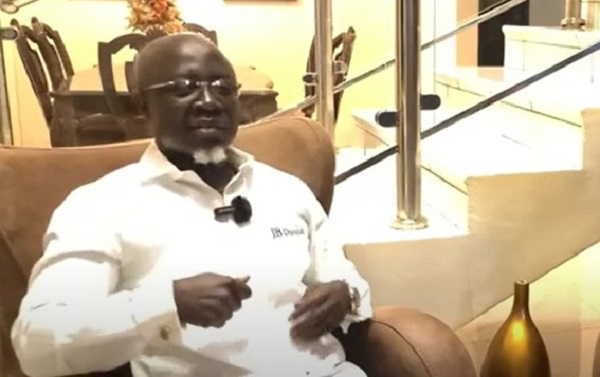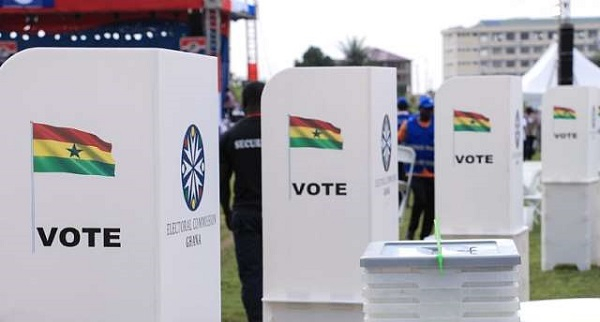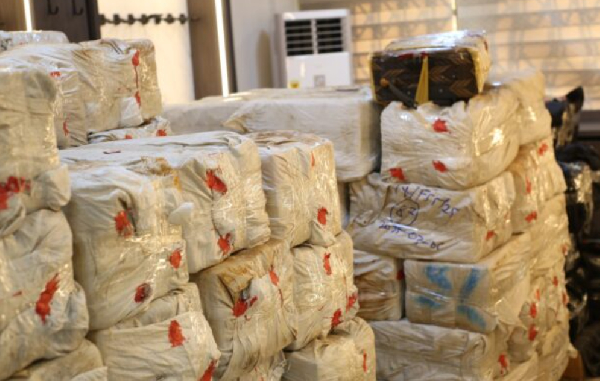Chiefs propose reduction in minimum age for presidential aspirants
Traditional leaders in the Upper West Region have proposed the reduction of the minimum age requirement for persons seeking to contest presidential election in Ghana as the country sets in motion processes to review the 1992 Republican Constitution.
The chiefs proposed a minimum of 35 years and a maximum of 75 to 80 years for an individual who wants to contest a presidential election in the country.
Kuoro Osman Deiwia Nankpa III, the Paramount Chief of the Pulima Traditional Area in the Sissala West District, proposed this in Wa during the Constitutional Review Committee meeting.
He referenced former President Jerry John Rawlings, who became the president of Ghana at a youthful age, as well as countries such as France that had presidents who were less than 40 years old.
The Constitutional Review Committee is in the region to solicit recommendations to inform the review of the 1992 Constitution to meet the current demands of Ghana’s democratic dispensation.
Stakeholders at the forum were drawn from youth-led organisations, including Curious Minds Ghana, security agencies, Civil Society Organisations, Regional House of Chiefs and state agencies and departments, among others participated in the forum.
Kuoro Nankpa also proposed provision for the election of Metropolitan, Municipal and District Chief Executives (MMDCEs) on a non-partisan basis in the reviewed constitution.
“We are further proposing that the election of DCEs should not be partisan, and that it should be run concurrently with the president and the Member of Parliament on the same day to cut costs.
Or, if we want to decouple it from the presidential and parliamentary elections, then the DCEs should be with the District Assembly Members and Unit Committee Members on the same day”, he explained.
He also proposed reconsidering the Council of State to be “an upper chamber or a Senate” where some members could be elected, and others could be representatives of chiefs and other minority groups to ensure inclusivity in the decision-making process.
Naa Seidu Braima, the Paramount Chief of the Guli Traditional area under the Wala Traditional Council, also proposed the election of regional ministers and to rename them as Regional Chief Executives.
He explained that if the Regional Ministers were elected, they would be available to the chiefs and people of the region and be accountable to the people and not to the president.
However, Professor Henry Kwasi Prempeh, the Chairman of the Constitutional Review Committee, observed that the regions might be sidelined in the resource allocation if the regional ministers were elected.
“Would the political class in Accra be willing to support an evolution model where they don’t have a representative at the district level, or they don’t have it also at the regional level?”, he questioned.
He added that the Committee had also noted suggestions that, despite the election of MMDCEs, the 30 per cent government appointees to the District Assemblies should be maintained, but they should no longer be government appointees.
Mr Charles Lwanga Puozuing, the Upper West Regional Minister, commended President John Dramani Mahama for his “wisdom and foresight” in reviving the constitutional review process.
He said that was an indication of his commitment to democratic consolidation, inclusion, and good governance.
Mr Puozuing indicated that though the 1992 Constitution was crafted to restore democratic governance after periods of political instability, the Ghanaian society had evolved significantly over the past three decades and needed a review of the constitution.
Source: GNA










